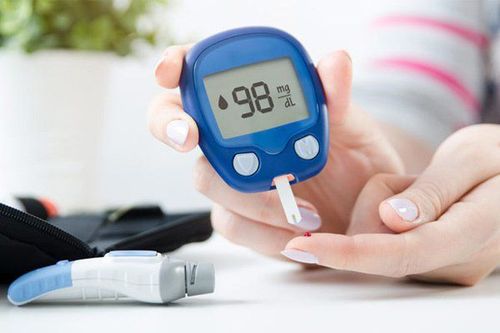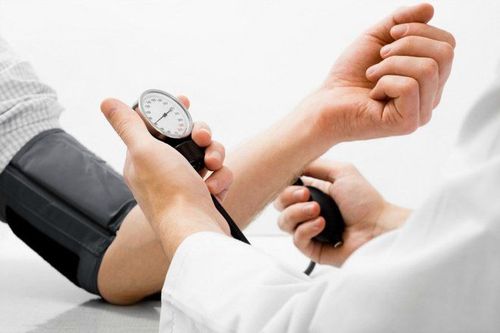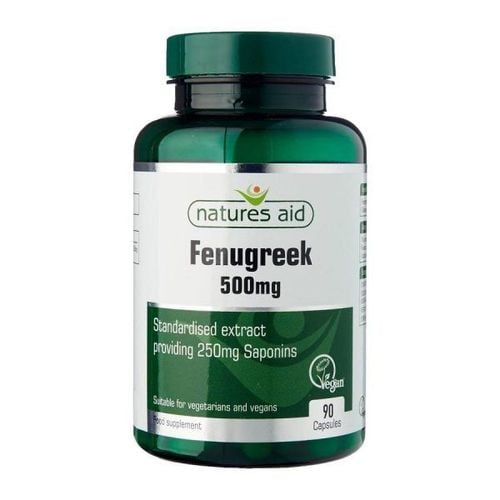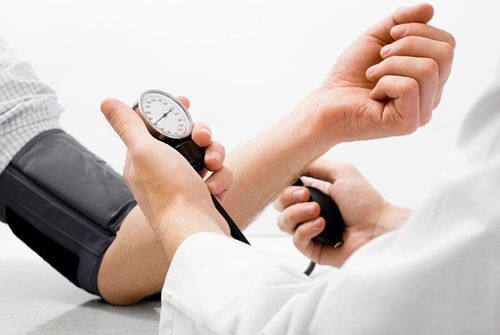This is an automatically translated article.
Time, age is often inversely proportional to the health and aging level of people. As the days go by, we feel more and more of our flexibility and mobility. Let's take a look at 5 obvious health problems when we are no longer too young and have officially entered the aging phase.
1. High blood pressure
High blood pressure (hypertension) is a chronic disease where the pressure of the blood against the walls of the arteries is too high. High blood pressure puts a lot of pressure on the heart (increases the burden on the heart) and is the cause of many serious cardiovascular complications such as: cerebrovascular accident, heart failure, coronary heart disease, myocardial infarction. ,... High blood pressure is often called the silent killer, as most people with this condition have no obvious symptoms in the first place, even though the disorder is taking its toll on the heart and kidneys every day. , blood vessels and brain.
Seven percent of women aged 20 to 34 have high blood pressure. While this rate may seem low, the big problem is that young people are less likely to have the disease diagnosed and treated. If left untreated, high blood pressure can lead to cardiovascular disease later in life and is a leading cause of stroke. In fact, simply keeping blood pressure under control reduces the risk of stroke by 48 percent.
During pregnancy, you can anticipate the risk of high blood pressure and cardiovascular disease by regularly monitoring the fetus. If you have preeclampsia (high blood pressure during pregnancy), you are more likely to have high blood pressure and heart problems.
2. Type 2 diabetes
Diabetes mellitus is a heterogeneous metabolic disorder characterized by hyperglycemia due to defects in insulin secretion, insulin action, or both. Chronic elevation of glucose for a long time causes disturbances in carbohydrate, protein, and lipid metabolism, causing damage in many different organs, especially the heart and blood vessels, kidneys, eyes, and nerves. However, it is very difficult for you to know if you have the disease or not because they often do not have any special symptoms in the first place.
Obesity is a leading risk factor for diabetes. Young people, even children, have a high obesity rate due to their irregular living habits, like eating fast food, sweets, carbonated foods,...

Mắc bệnh tiểu đường loại 2 là dấu hiệu sức khỏe suy giảm
3. Stroke
Stroke is also known as cerebrovascular accident. This is a condition in which the brain is severely damaged because the blood supply to the brain is interrupted or significantly reduced, causing the brain to lack oxygen and not enough nutrients to nourish the cells. Within minutes without an adequate blood supply, brain cells will begin to die.
While the majority of strokes occur in people over 65, a recent study found a 32% spike in women aged 18 to 34. This sudden increase is worrisome. This disease often has a high mortality rate.
What increases the incidence of stroke? Risk factors for cardiovascular disease, high blood pressure, diabetes, cholesterol, obesity and smoking have doubled in women. Women are also at higher risk than men of the same age if they are pregnant, all of which can increase the risk of stroke. Autoimmune diseases such as lupus and rheumatoid arthritis, which are more common in women, have also been linked to stroke risk.
4. Colon and rectal cancer
Another recent study has sounded the alarm that the younger generation is increasingly affected by digestive diseases such as colon and rectal cancer. "The main risk factor for most patients with colorectal cancer is age," said Dr. Nilo Azad, an oncologist at Johns Hopkins University School of Medicine.
The point to keep in mind is that colorectal cancer (cancer in the colon or rectum) has a great effect on younger people. Many young people are often subjective, so when the disease is detected, it is often in the late stages. Therefore, it is necessary to go to the doctor as soon as you see abnormal signs such as bloody stools, prolonged constipation, abdominal pain,... In addition, if your parents or siblings have cancer colorectal cancer before the age of 50, you should get tested earlier because cancer has a genetic factor.

Đột quỵ là dấu hiệu sức khỏe suy giảm
5. Brain shrinkage
Brain shrinkage sounds pretty scary, but it's actually a normal part of the aging process. If you have high blood pressure, diabetes, are overweight or smoke, your brain may shrink faster than normal, which can affect brain functioning, impairing your mental alertness, says Michos. friend.
A study shows that making heart-healthy lifestyle choices in your 20s can protect your brain from shrinking over the years. The study also found more evidence that taking care of your health can keep your brain as well as psychological well-being healthy.
“Certainly the way you live the first half of your life affects not only your current state but also your health in the second half,” says Michos.
6. How can you reduce your risk?
Life has too many things to worry about, there are too many people to care about, in general, our health is always ignored or considered unimportant. Many people do not want to go for regular health check-ups because they are afraid to go and waste money. So usually only go to the doctor or go to the hospital when the pain is too much to bear. So, take care of your health from a young age. There are many diseases that do not show symptoms from the beginning, but silently affect our body.
The following recommendations from the American Heart Association will help you have a healthier and more flexible body:
Check your blood pressure regularly. Control cholesterol. Reduce blood sugar by minimizing the use of chemical products, sweets, carbonated drinks... Enhance sports and exercise. Every day, spend at least 15 minutes to practice a sport that you love or simply walk, jog,... Pay attention to exercise at an intensity suitable for your own health and keep it up. that habit every day. Get yourself a healthy diet. Maintain a reasonable weight. Do not smoke, do not use stimulant products such as beer, alcohol, ... Many studies show that you should use a food diary to track calories, a pedometer to measure activity levels. your health and get regular checkups. This helps us to take care of ourselves more often. “When you take steps to shop and cook healthier meals, as well as exercise daily, you also make a better impact on your family and friends.”
Periodic health check-ups help to detect diseases early, so that there are treatment plans for optimal results. Currently, Vinmec International General Hospital has general health checkup packages suitable for each age, gender and individual needs of customers with a reasonable price policy.
Results of the patient's examination will be returned to the home. After receiving the results of the general health examination, if you detect diseases that require intensive examination and treatment, you can use services from other specialties at the Hospital with quality treatment and services. outstanding customer service.
Please dial HOTLINE for more information or register for an appointment HERE. Download MyVinmec app to make appointments faster and to manage your bookings easily.
References: hopkinsmedicine.org, everydayhealth.com













